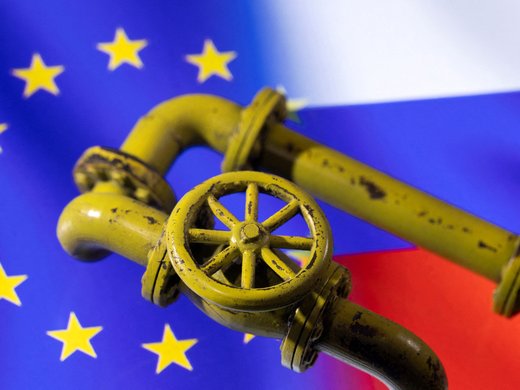Inter-American relations have long been characterized by both nationalist and regional considerations as states struggle to secure their own interests and those shared by their partners in the region. In recent years, there have been a number of efforts to facilitate and protect inter-American trade and economic cooperation. This book explains the role of American free trade regimes such as the Caribbean Community (CARICOM), the Central American Common Market, the Andean Pact and the sometimes contradictory emergence of sub-regional and larger, continent-wide efforts at cooperation. Additionally, the authors examine new regimes of democracy, human rights and trade. Throughout the volume, two threads of discourse suggest that cooperation is desirable and that there is room for improvement.
This book continues the intellectual inquiry begun in Diplomacies of Small States: Between Vulnerability and Resilience, a previous volume resulting from CIGI’s work, co-edited by CIGI Distinguished Fellow Andrew F. Cooper and Tim Shaw, on the role of small states in the international political economy, but views the issues through a wider lens. It can also be considered a companion to Which Way Latin America? Hemispheric Politics Meets Globalization, co-edited by Cooper and CIGI Distinguished Fellow Jorge Heine, published in cooperation with United Nations University Press (2009).
Contributors include Josette Altman (Latin American Faculty of Social Science (FLASCO) and the University of Costa Rica), Lois Bélanger (Université Laval), Andrew F. Cooper (Wilfrid Laurier University), Rut Diamint (Torcuato Di Tella University and University of Bologna), Daniel P. Erikson (United States Department of State), Antoni Estevadeordal (Inter-American Development Bank), Richard E. Feinberg (University of San Diego), Norman Girvan (University of the West Indies), Jorge Heine (Balsillie School of International Affairs and Wilfrid Laurier University), Thomas Legler (Iberoamerican Univerity of Mexico City), Gordon Mace (Université Laval), Thomas Andrew O’Keefe (Mercosur Consulting Group), Richard Ouellet (Université Laval), Robert A. Pastor (American University), Nicola Phillips (University of Manchester), Marc Schelhase (King’s College), Timothy M. Shaw (University of the West Indies), Kati Suominen (German Marshall Fund), Jean-Phillipe Thérien (Université de Montréal) and Diana Tussie (FLASCO and the Latin American Trade Network).
This book is published by Palgrave Macmillan in cooperation with CIGI.
“This is a richly textured collection of original papers by prominent scholars identifying the central ambiguities, successes and failures of efforts to achieve inter-American cooperation. The essays, written to coincide with the Fifth Summit of the Americas, are engaging. The challenges offered to some prevailing paradigms are stimulating, making for excellent analyses of the issues.” Anthony T. Bryan, Centre for Strategic and International Studies (CSIS), Washington, DC, USA
“Comprehensive, intelligent, and current — this work advances both the analysis and the cause of inter-American cooperation because it informs and illuminates the choices that governments and citizens face today.” Jorge I. Domínguez, Harvard University, USA
“This book highlights the real merits of good edited collections. It addresses an important and timely issue, brings together many of the leading authorities on that issue, organizes their thinking in a coherent way, and sets the results of these deliberations before readers in a speedy fashion. Congratulations and thanks to Mace, Cooper and Shaw!” Tony Payne, University of Sheffield, UK


